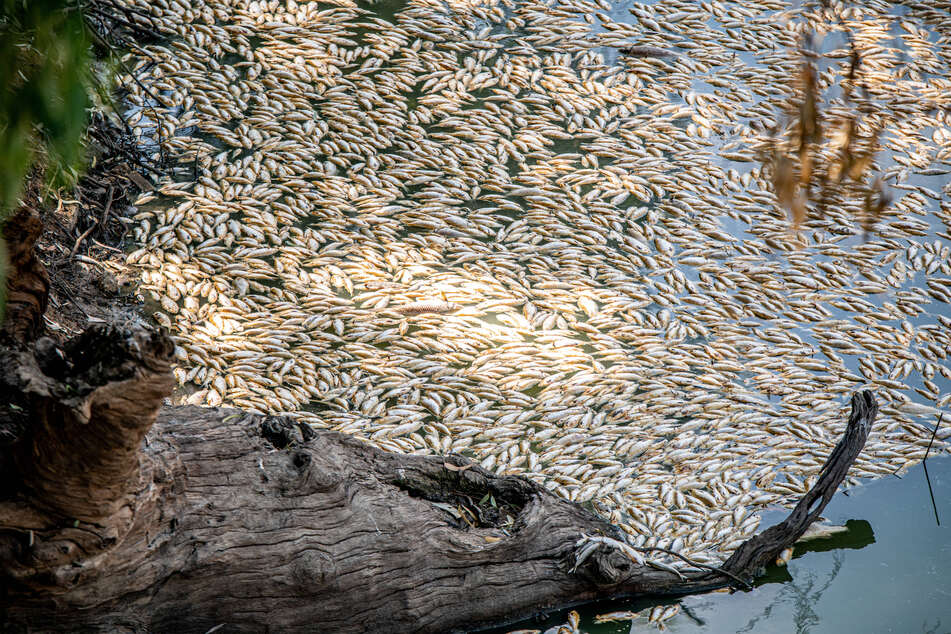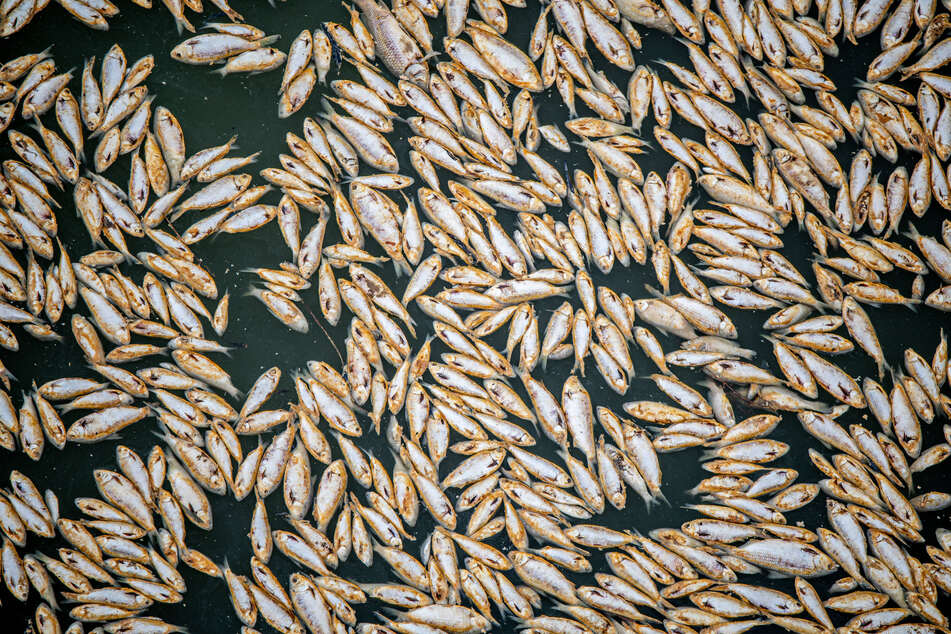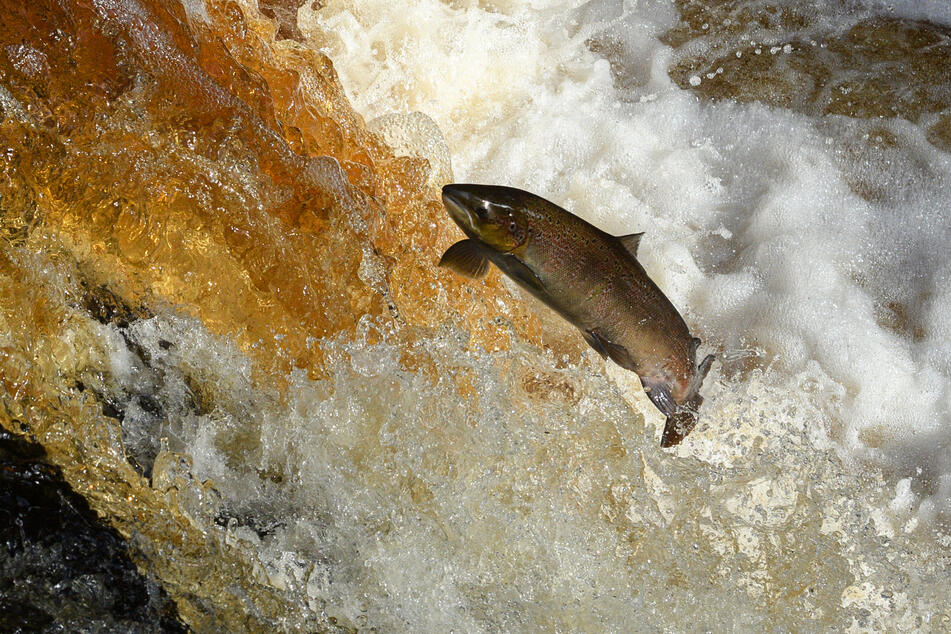Collapse of migratory fish populations threatens millions with starvation
A new report has revealed that since the 1970s, there has been a strong and consistent drop in migratory freshwater fish populations across the globe. The rate of the decline threatens not only ecosystems but the food security of millions.

Since 1970, migratory fish populations have declined globally by an average of 81%, according to a study that investigated fish numbers between 1970 and 2020. The steepest declines were seen in Central America, the Caribbean, and Europe.
The 2024 update on the Living Planet Index's (LPI) report on migratory freshwater fishes called the data a record of "catastrophic declines" in the abundance of freshwater fish, largely due to human factors.
"Habitat degradation, alteration, and loss accounted for around a half of threats to migratory fish," the report's summary reads, "while overexploitation accounted for just under one-third of recorded threats."
In addition, both human pollution and climate change have played a great role in the deepening crisis. Dams were specifically mentioned as the threat isAcross Latin America as well as the Caribbean, freshwater fish populations declined by an average of 91%, while in Europe the number stood at a slightly better – but also shocking – 75%.
The extent of the fish deaths are staggering, as Australia shows

A largely underreported case of fish deaths due to climate change and predatory agricultural practices is seen in Australia, where last year, an estimated 30 million fish perished in the Darling River near Menindee.
In 2018-2019, millions of fish died in the same Australian river, soliciting cries for help from locals and experts. Last year, the even vaster death toll failed to make much of a splash, despite media attention from giants like the BBC and New York Times, the latter of which called the situation "a river choking on fish corpses."
The fish deaths were found to be in part caused by dense algal bloom, which reduced the oxygen density in the water below livable levels. Algal bloom is known to be caused by excessive nutrient levels in the water, usually from fertilizer, stormwater, wastewater, or agricultural runoff.
"Where we have [algal] blooms, lots of bacteria and lots of algae, we have a very, very high BOD, which means at nighttime, we can get this huge drawdown of oxygen out of the water body down to unsafe levels for fish and other aquatic life," University of Queensland's Matt Landos told the Australian Broadcasting Corporation.
The Australian situation is but one example of where similar things are happening around the world, having a catastrophic impact on freshwater ecosystem and contributing to that 81% drop.
"Catastrophic" report of freshwater fish "not all doom and gloom"

In a press release from the World Wildlife Fund (WTF), LPI's discovery was labeled as "staggering," but "not all doom and gloom," as one-third of the species monitored over that 50-year window have actually seen populations increase.
"Nearly one-third of monitored species have increased, suggesting that conservation efforts and improved management can have positive impacts," WWF said in a press release.
Largely, these positive impacts have been felt in Europe and the US, where "thousands of dams, levees, weirs, and other river barriers have been removed in recent decades," and people have more expendable income, allowing them the opportunity to think about environmental issues.
"The catastrophic decline in migratory fish populations is a deafening wake-up call for the world... Migratory fish are central to the cultures of many Indigenous Peoples, nourish millions of people across the globe, and sustain a vast web of species and ecosystems," said Herman Wanningen, founder of the World Fish Migration Foundation.
Michele Thieme, deputy director of freshwater at the US branch of the WWF, said in the same press release that "Prioritizing river protection, restoration, and connectivity is key to safeguarding these species, which provide food and livelihoods for millions of people around the world."
"Let's unite in this crucial endeavor, guided by science and shared commitment, to ensure abundance for generations to come."
Cover photo: IMAGO/AAP

